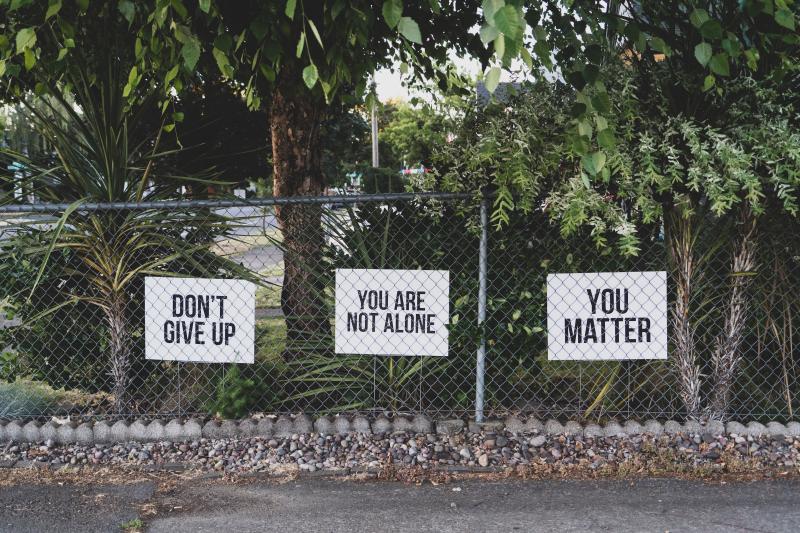
Stay Connected is the theme of this important week, devoted to encouraging Australians to find ways to be more present and supportive of those living with schizophrenia.
People diagnosed with schizophrenia are among the most socially marginalised members of our community. During this Schizophrenia Awareness Week, organisations across Australia welcome them by promoting inclusive behaviour, supporting carers, and encouraging people to seek support instead of going it alone. Early intervention can have a positive, ripple effect on a person’s lifelong wellbeing. With the right support, they can and do, recover.
Schizophrenia Awareness Week is committed to busting the myths that perpetuate stigma and discrimination. Disclosing a diagnosis continues to be taboo for many people in light of the many harmful misconceptions about Schizophrenia. For instance, it’s more common for celebrities to open up about their lived experience of depression, bipolar or OCD than it is for them to discuss a diagnosis of schizophrenia.
The greater community has a long way to go to banish this stigma and regarding people experiencing schizophrenia as ‘mad, ‘bad’ or ‘sad’. Like everyone else, these people want to be accepted for who they are and not be reduced to a diagnosis. Feeling accepted can have a massive impact on a person’s wellbeing. We are all at our best when we can participate and contribute like anyone else.
Language plays a very important part in breaking down stigma. Using person-led terminology such as ‘a person with lived experience of schizophrenia’ or ‘a person living with a mental health issue’ rather than labeling them ‘a schizophrenic’ highlights their humanity and promotes respect.
This year, Schizophrenia Awareness Week activities will be entirely online. Forums, workshops and presentations will be available online and via social media. Many organisations and guest speakers will host interactive webinars to connect professionals, carers and consumers. The aim is to change the community’s understanding of schizophrenia and psychosis while promoting acceptance, support, hope, and recovery.
Let’s all do our part. It’s ok to feel sad, anxious, confused, or scared during times of crisis. Staying connected with friends, family, your mental health support teams and the wider community is a great way to maintain mental wellbeing. Reach out to those you trust, whether it’s by phone, email, messenger, video chat, or even a handwritten letter! During the current pandemic, it’s more important than ever to maintain our links with the people who care.
A bit of trivia to get you thinking:
May 24th is thought to be the date when 18th Century French Doctor Philippe Pinel released imprisoned people who had been diagnosed with mental health issues, from their chains. He became an early pioneer of humane treatment for those with lived experience of mental health issues.
A quick primer on schizophrenia:
- 1 in 100 people will experience severe and lifelong issues as a result of Schizophrenia.
- Men are twice as likely as women to experience Schizophrenia.
- It is thought to be caused by a variety of factors including genetic predisposition.
- Severity is believed to be exacerbated by things like stress, trauma or drug use.
- Symptoms tend to develop during late teens to mid-30s and often include low motivation, an inability to express emotion or feel pleasure, and problems with attention, memory, and other verbal and mental functions.
- No two cases of schizophrenia are the same. All require tailored treatment.
- Some experiencing schizophrenia may believe that others want to harm them or see terrifying things. Symptoms can make it difficult to distinguish betweenwhat’s real and what isn’t.
- “Anosognosia” is the inability to recognise that you have an illness. It is the reason why a large percentage of people who experience schizophrenia refuse treatment.
- Statistically, people with lived experience of schizophrenia are four times more likely to die prematurely than the rest of the population. Australians. Life expectancy sits at 54 years of age.
- They are four times more likely to die from respiratory disease, six times more likely to die from cardiovascular disease, up to four times as likely to die from infections diseases.
By Grant J Everett, Panorama Magazine
Talk to us today
For more information, contact us on 1300 779 270 or make an enquiry now.


